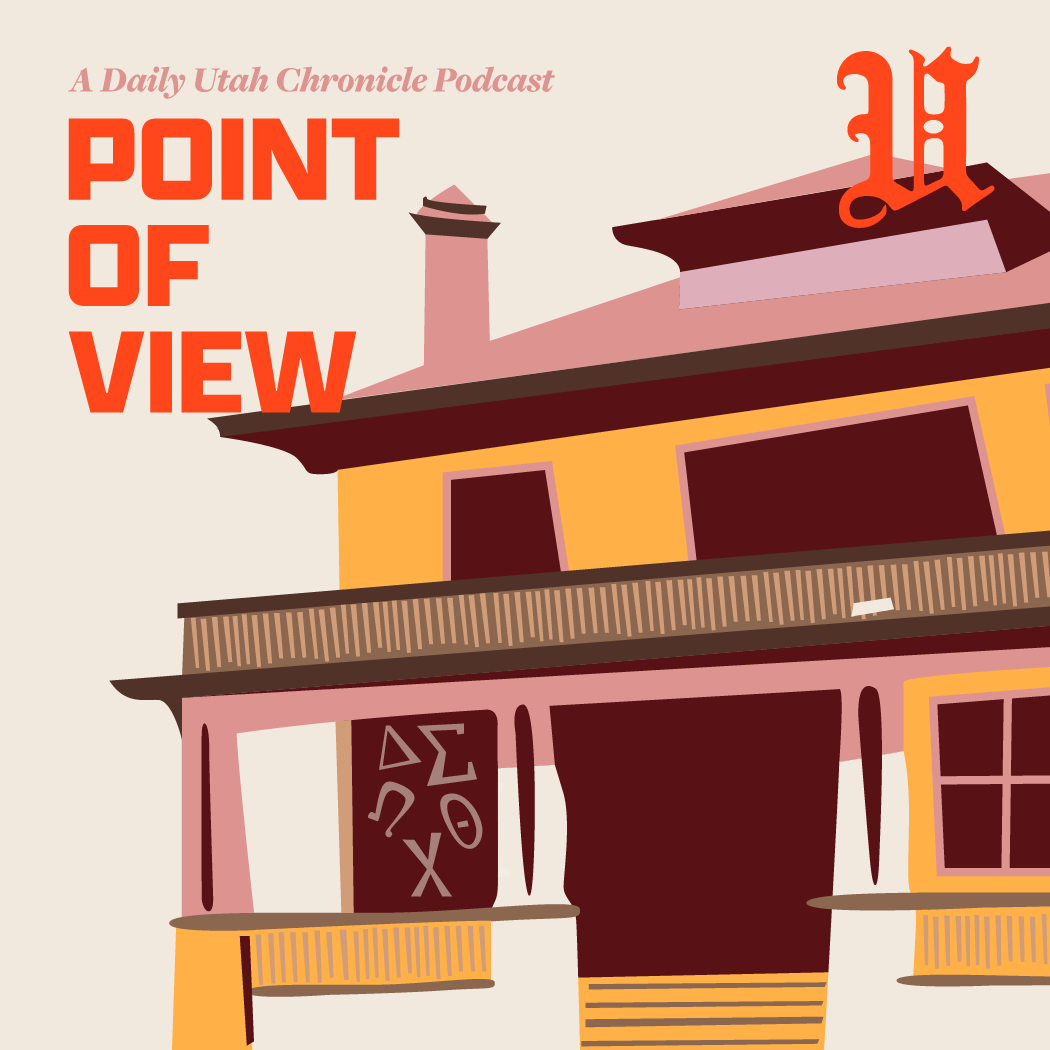What we say as individuals and how we say it has always somehow been an indication of the sort of person we are. Some believe diction and speech directly correlate with intellect, while others see language as simply one facet of intelligence. It is clear, however, that the way we speak does affect our personal and professional relationships in a multitude of ways. One important aspect of language that many forget about is the different dialects that are encompassed within it.
In the United States, not every individual grows up speaking what is known as Standard English. Instead, different dialects stretch across the country, from the Deep South to the tell-tale New York dialect. But time and time again, one dialect seems to be used primarily as a joke in the media. African American English is continually caricatured across the board and often depicts African American people as uneducated, uncivilized and inferior due to the dialect they speak.
African American Vernacular English is just one of many names used to describe speech used primarily by the African-American population of the U.S. Other more common names are Ebonics, Black English Vernacular or simply Black English. The origin of AAVE is not clearly documented and understandably controversial. Some researchers attribute the origin of AAVE to the West African slave trade and mixture of tribal languages with English, resulting in a Creole language of sorts. Still others link the beginning of AAVE to a possible retention of features of the British English dialect that were not retained from Standard English.
Whichever theory holds the most validity is beside the point. AAVE has been around for centuries and includes its own phonology, grammar and inflections. It is without a doubt a fully functional dialect and not simply a collection of slang words and inferior vocabulary. That is not to say that AAVE functions in the same way as Standard English. AAVE contains different nuances and rules than Standard English does, and although it should not necessarily be used in scholarly writing, that does not mean that AAVE doesn’t have its merits.
Applying that same critical lens generally, we don’t talk to our peers as when we do with professors or employers. It’s almost as if we are speaking two completely different dialects in these respective instances, yet our intelligence is not questioned in the former or necessarily reinforced in the latter. In the same way, one who speaks AAVE is not automatically less intelligent or inferior because that is the dialect they grew up speaking.
In terms of the media’s portrayal of AAVE, too often segments of interviews with African-American residents are sped up and remixed because their dialects are deemed comical. Antoine Dodson of Alabama heroically stepped in to protect his sister during a home intrusion and attempted rape, but his testament inspired laughter instead of admiration. Popular culture latched on to his apparent use of AAVE and used Dodson as nothing more than a punch line. It is sad to say this is not the only incident of the media taking advantage of those people who may very well be equally educated, but simply speak a different dialect.
The stigma surrounding AAVE can only be corrected with education and awareness. On a global scale, we as Americans are not strangers to the embarrassment and frustration that comes with stereotypes regarding the way we speak and act. If we hope to make a change in the way people view different dialects in the U.S., we must first be aware of the sheer power of our opinions on how people speak, and then continue to adapt them.









